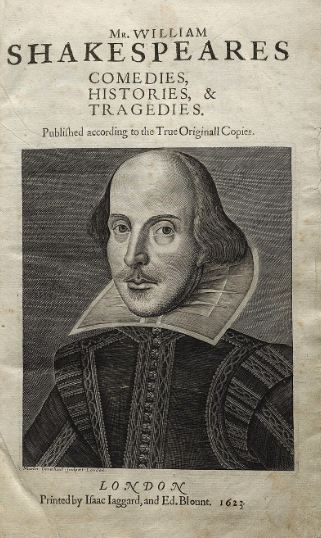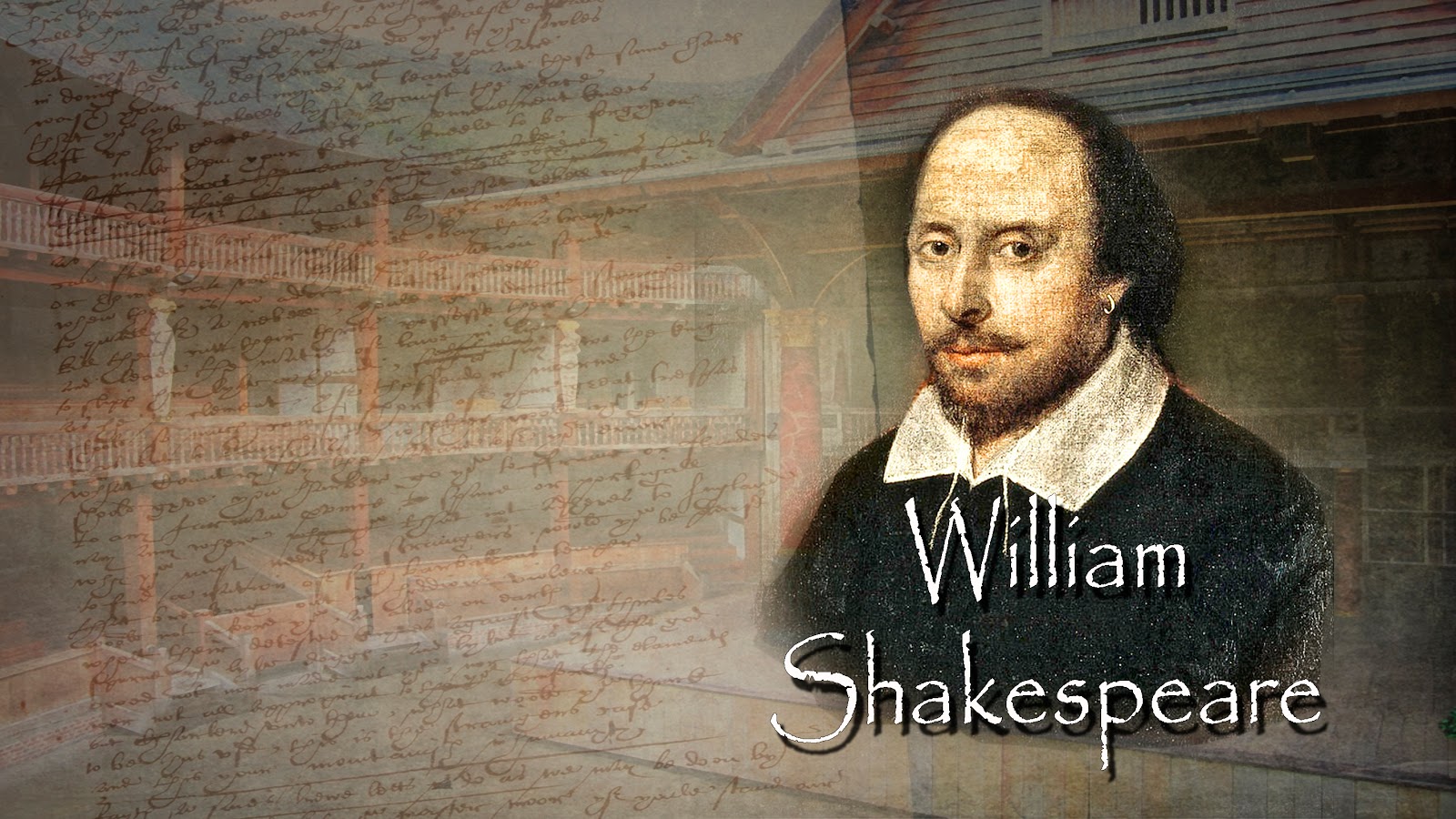
Shakespeare takes it where he likes throughout his texts, transforming the English language, pointing to the way we use it today.
Shakespeare old english free#
Shakespeare turns it into a verb ‘to make a fool of.’ English was being set free to go where writers wanted to take it in their poetry. For example, Caesar is able to say: ‘The wild disguise has almost anticked us all.’ An antic is a fool, which is a noun. Writers were able to invent new uses for words with great freedom. Shakespeare was a leading figure in that. One of the ways the grammar was changing was that inflectional endings (suffixes that indicated the word’s grammatical functions in the way that many modern languages still have) had largely disappeared. Modern English was becoming wonderfully flexible and that was the background to the Renaissance explosion of the inventive language we see when we look at the poetry of the time. He was able to do that because English was changing as people modernised it in their normal workaday speech.
Shakespeare old english full#
For example, without even realising it, our everyday speech is full of words and phrases invented by Shakespeare. One of the things he is famous for is the effect he had on the development of the Early Modern English language. Shakespeare is probably the most famous of all Englishmen. Each Shakespeare’s play name links to a range of resources about each play: Character summaries, plot outlines, example essays and famous quotes, soliloquies and monologues: All’s Well That Ends Well Antony and Cleopatra As You Like It The Comedy of Errors Coriolanus Cymbeline Hamlet Henry IV Part 1 Henry IV Part 2 Henry VIII Henry VI Part 1 Henry VI Part 2 Henry VI Part 3 Henry V Julius Caesar King John King Lear Loves Labour’s Lost Macbeth Measure for Measure The Merchant of Venice The Merry Wives of Windsor A Midsummer Night’s Dream Much Ado About Nothing Othello Pericles Richard II Richard III Romeo & Juliet The Taming of the Shrew The Tempest Timon of Athens Titus Andronicus Troilus & Cressida Twelfth Night The Two Gentlemen of Verona The Winter’s Tale This list of Shakespeare plays brings together all 38 plays in alphabetical order. Plays It is believed that Shakespeare wrote 38 plays in total between 15.

So, if you said “don’t be afraid” to a friend in Tudor England, you would have said, “be not afeard.” Where today we would say “don’t hurt me,” Shakespeare would have said, “hurt me not.” The words “do” and “did” were also uncommon, so rather than saying “what did he look like?” Shakespeare would have said, “what looked he like?” And instead of “did she stay long?” Shakespeare would have said, “stayed she long?” This difference accounts for the unfamiliar word order in some Shakespearian sentences. For example “speaketh” simply means “speak” and “sayeth” means “say”.Ī key absence from Shakespearian English is “don’t”. Sometimes the endings of Shakespearian words sound alien even though the root of the word is familiar. It simply means “unfortunately”, but in modern English, there isn’t an exact equivalent. “Alas” is a very common word that isn’t used today. “To give me leave to”, simply means “To allow me to”. For example, “I would I were …” means “I wish I were…” So, “Ay, My Lady” simply means “Yes, My Lady.”Īlthough the word “wish” does appear in Shakespeare, like when Romeo says “I wish I were a cheek upon that hand,” we often find “would” used instead. So a sentence beginning “thou art” simply means “You are”. The same is true of “art”, meaning “are”. Soon after Shakespeare’s lifetime, the older form passed away!

Therefore when addressing a king the older “thou” and “thy” would be used, leaving the newer “you” and “your” for more informal occasions. This is simply because in Tudor England the older generation said “thee” and “thy” to denote a status or reverence for authority. Sometimes he uses both “you” and “thy” in the same speech. However, he also uses the words “thee / thou” instead of “you” and the word “thy / thine” instead of “your”.

It’s a common myth that Shakespeare never uses the words “you” and “your” – actually, these words are commonplace in his plays. Thee, Thou, Thy and Thine (You and Your).


 0 kommentar(er)
0 kommentar(er)
